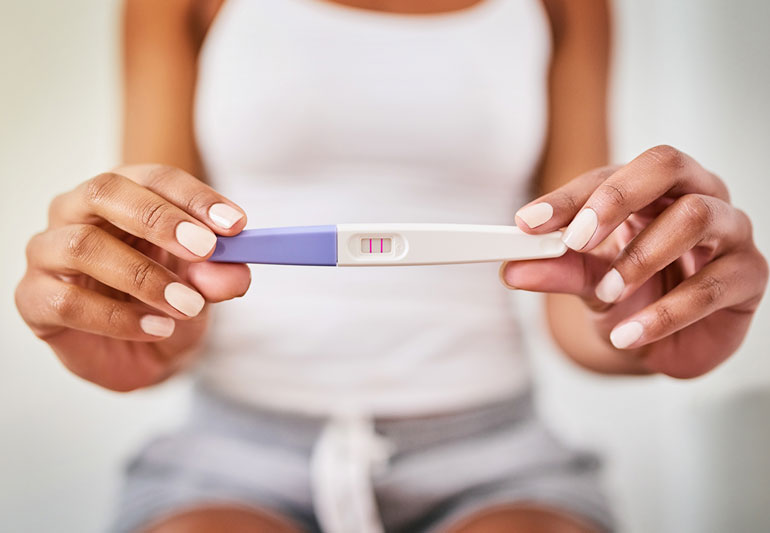
Most women live with uterine fibroids without knowledge, only to be told during a prenatal ultrasound that they have fibroids. These masses may not cause symptoms, which is why it is vital to consult your doctor for evaluation and accurate diagnosis. Dr. Richard Strathmann offers effective treatment plans for uterine fibroids at Women’s Healthcare Physicians of Naples.
What are uterine fibroids?
Fibroids refer to the noncancerous growths that develop on the uterus walls during a woman’s childbearing years. Fibroids are not necessarily an indicator of uterine cancer ad it rarely develops into cancer. Fibroids may range from small sizes that the naked eye cannot see to large masses that can distort the shape of your uterus. In severe cases, these masses can extend to your ribcage, causing an increase in your weight. Uterine fibroids rarely cause any symptoms, making it difficult to detect them. Your provider may see the fibroids accidentally during a prenatal ultrasound or regular pelvic exams. The exact cause of fibroids is unknown, but experts claim that genetics and hormones can contribute to their development.
How can you know if you have uterine fibroids?
Your symptoms depend on the size of your fibroids and their location. If your tumor is small, you may not experience any symptoms, but you are likely to experience several uncomfortable symptoms if it is a large mass. In some cases, fibroids shrink on the onset of menopause due to reduced levels of progesterone and estrogen, hormones facilitating fibroid development. Common symptoms of uterine fibroids include:
- Fullness or pressure in your lower abdomen
- Painful menstrual cramping
- Heavy bleeding between or during your periods
- Tenderness or swelling of the abdomen
- Painful menstrual period
- Pain during sex
- Frequent urination
Fibroids increase your chances of developing pregnancy and labor complications. If you have fibroids, your chances of needing a cesarian section during delivery are higher. Despite this fact, most women with fibroids can carry their pregnancy to full term and have a normal delivery. You may need to have a close relationship with your gynecologist in case of any emergency.
What are the available treatments for uterine fibroids?
If your symptoms are mild, over-the-counter drugs can do the trick. If you have heavy menstrual bleeding, you may need iron supplements. The Women’s Healthcare Physicians of Naples team may also recommend IUD or low-dose birth control pills to reduce bleeding. Your provider discusses with you the available medications that can shrink fibroids, their benefits, and their side effects. In some cases, the team may recommend surgeries like:
- Hysterectomy to remove your uterus
- Endometrial ablation to reduce bleeding
- Uterine fibroid embolization to shrink fibroids by cutting off blood supply
- Myomectomy to remove fibroids
If you are planning to have children of your own, endometrial ablation and hysterectomy may not allow you. Uterine fibroid embolization may also not be the best option if you are trying to preserve your fertility. You can consult with your doctor about your fertility concerns kisscartoon.
Call the Women’s Healthcare Physicians of Naples for more information about fibroid treatments.